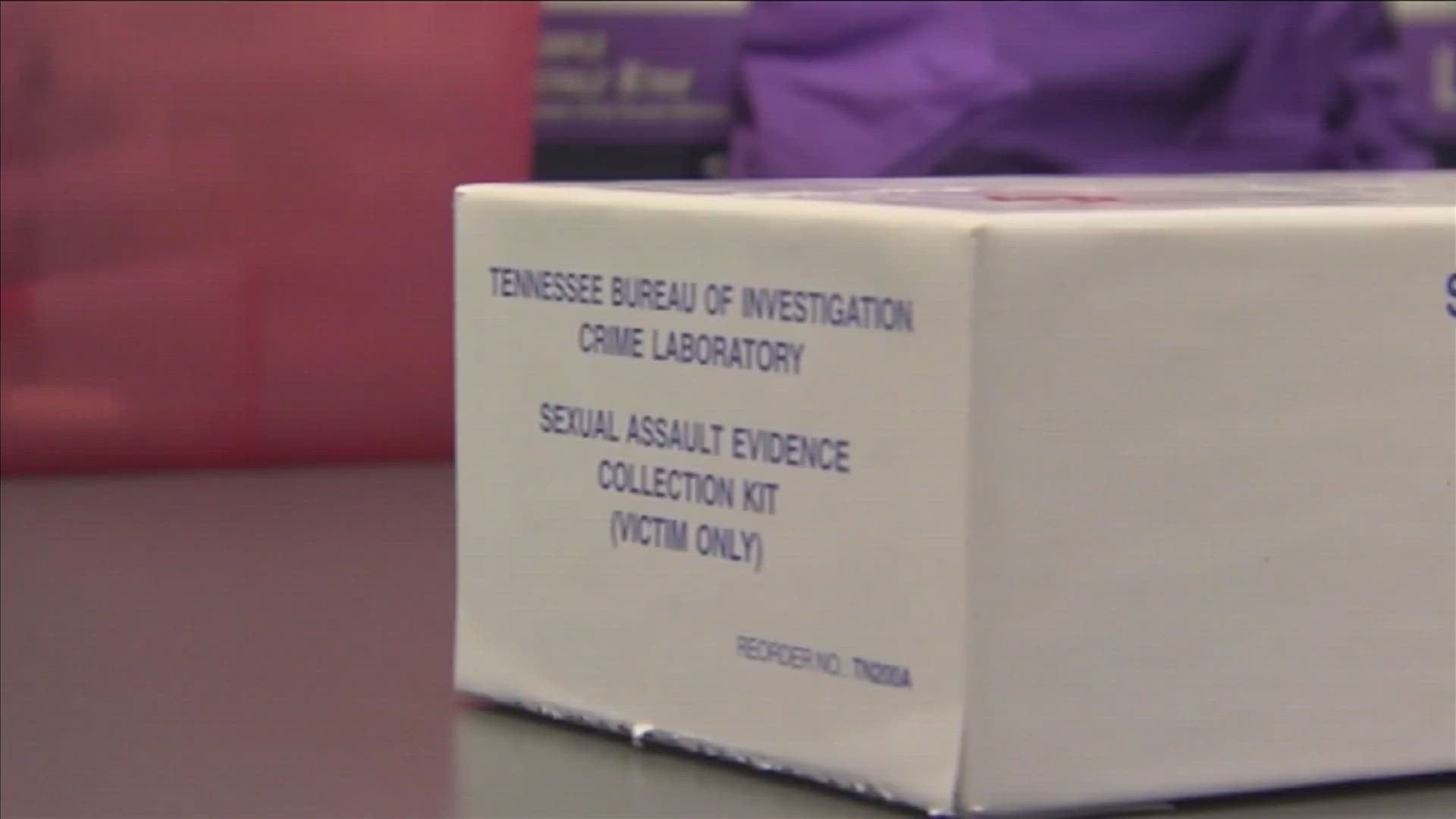MEMPHIS, Tenn. — Survivors and politicians alike are speaking out after a bill that would require rape kits to be tested 30 days after they’re received, failed to clear the bar in the Tennessee State Legislature.
House Bill 0104 failed on the House floor after it was not in the House Finance, Ways and Means Subcommittee proposed budget, though a budget item for more forensic testing staff was approved.
Representative Antonio Parkinson (D-98) introduced the bill for this session, roughly 10 years after he first introduced it in 2014 to improve turnaround time for sexual assault kits, but this time, on the heels of Eliza Fletcher’s death.
“It got all the way through [to] the finance Ways and Means Subcommittee where it stalled because the Tennessee legislature or the Governor’s office, at the time, did not have the will to make this a priority,” Rep. Parkinson said.
However, republican legislators insist it wasn’t a lack of priority. Representative Mark White said the budget to address rape kits is allocating roughly $35 million to the Tennessee Bureau of Investigations.
Rep. White said the money will fund 25 new positions including forensic scientists and Special Agent Investigators. He said the funding is also expected to reduce forensic evidence turnaround time from the current 40 weeks to 8 weeks.
Survivor Debby Dalhoff said eight weeks is not fast enough, and a requirement of 30 days is the least legislators could do to protect survivors.
“I feel like they have pushed rape victims to the bottom of the bucket because if there’s money in the budget, that can take care of this,” Dalhoff said. “Why can’t something that is less important be put on hold?”
Not only are survivors feeling left behind, but so is Representative Parkinson.
“I’m disappointed, I’m sorely disappointed,” Parkinson said. “My apologies for the inaction of the Tennessee Legislation and Tennessee State Government in protecting the women and those victims of rape and sexual assault. It goes out to them because we are doing a horrible job as state leaders in protecting our citizens.”
Now, Dalhoff insists on taking the House floor headfirst to let out her concerns and reason with the legislature.
“What I would like to do is to go and speak to the legislature as a victim and let them know what this does to us, how it traumatizes us,” Dalhoff said.
Despite the bill’s lack of progression, Rep. Parkinson said he’s not backing down on the bill and plans to reintroduce it in the next session. In the meantime, legislators won’t be able to make strides toward a 30-day turnaround time, but they are hopeful that once TBI is able to improve hiring, the forensic biology on sex offenses turnaround time will decrease.

